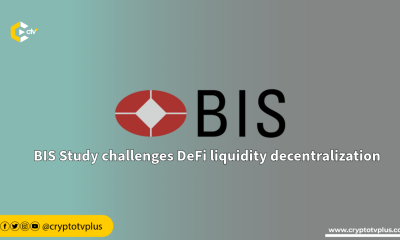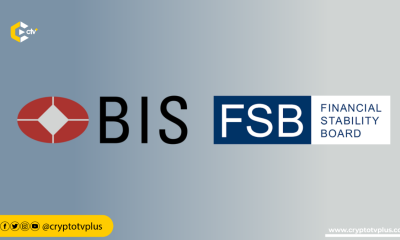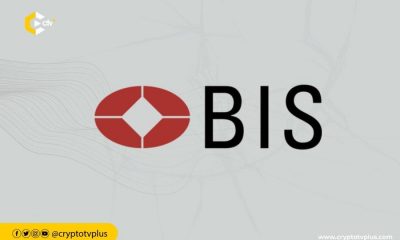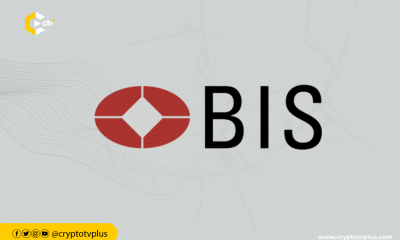News
Bank of Korea and BIS partners to launch pilot CBDC project

The Bank of Korea (BOK) has revealed its plans for a pilot program aimed at investigating the technicalities of a Central Bank Digital Currency (CBDC).
This initiative places South Korea among a growing list of nations venturing into the realm of CBDCs.
A Central Bank Digital Currency (CBDC) is a digital representation of a country’s official fiat currency, issued and regulated by the central bank. It is considered a liability of the central bank and is readily accessible to the general public.
While CBDCs share some similarities with cryptocurrencies, they differ significantly as CBDCs are government-issued and managed.
The primary objective of CBDCs is to offer businesses and consumers enhanced privacy, transferability, convenience, accessibility, and financial security in their digital transactions.
Additionally , CBDCs have the potential to reduce the maintenance costs associated with complex financial systems, lower cross-border transaction expenses, and provide more cost-effective alternatives to those currently using alternative money-transfer methods.
Wholesale and Retail CBDCs
The CBDC initiative is powered by a collaboration between the BOK, the Financial Services Commission (FSC), and the Financial Supervisory Service (FSS).
The government wants to carry out an appraisal after the pilot to see the feasibility of establishing a future monetary system built on “wholesale CBDCs.” Although, there will also be a retail CBDC in the pilot as well.
Wholesale CBDCs and retail CBDCs are two types of central bank digital currencies that differ in their target audience, transaction scale, accessibility, privacy, and technology infrastructure.
Wholesale CBDCs are designed for use in interbank settlements and other financial transactions between institutions and other eligible market participants, while retail CBDCs cater to individuals and businesses, facilitating everyday transactions.
Public and private partnership with the BIS
According to the BOK, the project will include the expertise of both private and public institutions while receiving technical support from the Bank of International Settlement (BIS).
The Bank for International Settlements (BIS) is a global financial institution that acts as a central hub for central banks.
Its main purpose is to foster international collaboration among central banks, helping them achieve monetary and financial stability.
According to Lee Myung-soon, the first deputy governor of the FSS, the pilot CBDC project is an essential step towards the future of finance.
He added that the Bank of Korea (BOK) has been dedicated to ongoing technological research on CBDCs.
This new test, building on previous accomplishments, marks a substantial stride toward developing a prototype for the future monetary system.
Read also; South Korea’s Busan aims to become a ‘Blockchain city






















